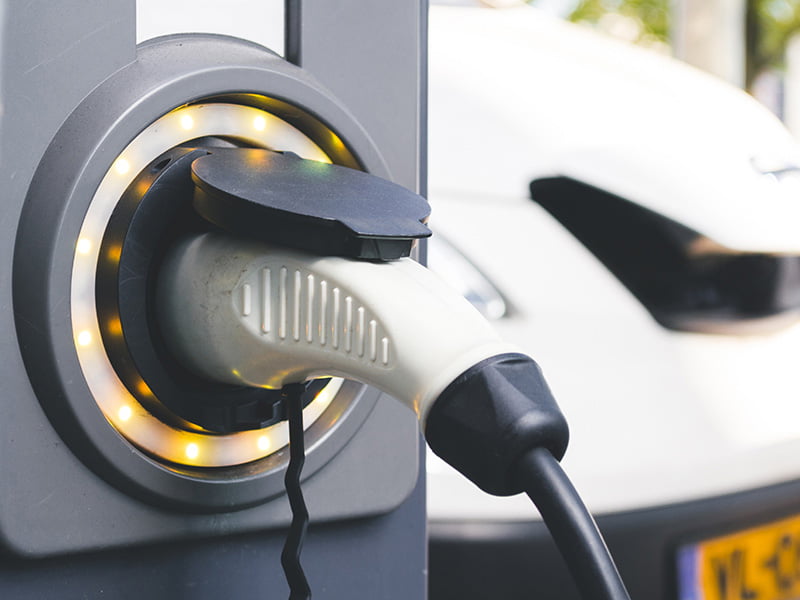Australia’s lack of “commonplace” fuel efficiency standards has cost motorists billions, driven up transport-based emissions and slowed the uptake of electric vehicles, according to a new report calling for mandatory standards that lead to a ban new fossil fuel vehicle sales by 2035.
Released Monday by the Australia Institute, which will hold and electric vehicle (EV) summit in Canberra this month, the report calls on government to introduce mandatory fuel efficiency standards, as are already present in around 80 per cent of the global light vehicle market.
The report said Australia is now an “outlier” without fuel efficiency standards and has paid a steep price.

If the standards had been implemented in 2016, $5.9 billion in fuel costs would have been saved along with 9 million tonnes of CO2 – around a year’s worth of emissions from domestic aviation, according to the report.
Australia would also have lessened its dependence on foreign oil and increased the availability of EVs, currently in high demand.
Fuel efficiency standards regulate the efficiency of new vehicles sold, typically through a fleet average efficiency target for manufacturers. Manufacturers can exceed the target for certain vehicles but the fleet average must meet the standard or fines are issued.
The standards have been adopted in 80 per cent of the global light vehicle market but have stalled in Australia because of a lack of “political will” and “disinformation”
Fuel efficiency standards were recommended in Australia in 2014 by the Climate Change Authority to significantly reduce the emission intensity of the Australian light vehicle fleet, with subsequent modelling estimating it would add nearly $14 billion to the economy.
The standards were not introduced by the previous Coalition government. Labor pledged to introduce the standards in 2010 and 2019, but did not make a commitment during the last election campaign.
New Minister for Climate Change and Energy Chris Bowen left the door open to “further policy positions” for EVs, as the new government develops an official EV strategy.
The Australia Institute says the government should introduce mandatory standards this year to bring Australia in line with the US and European Union., which both have much lower average emission intensity for light vehicles.
“Australians are being left behind simply because, as a nation, we are still accepting gas guzzling cars with no emissions standards. This is costing commuters money at the petrol pump and holding Australia back from reducing our emissions,” said Australia Institute climate & energy program director Richie Merzian.
The progressive thinktank warns the voluntary standards developed by the Australian automotive industry in 2020 aren’t going far enough, contain loopholes, and do not act as effective incentive without penalties.
Effective standards would also create an incentive to bring more efficient and electric models to market, the report said, with Australia’s current supply issue likely to worsen without them.
“The limited number of electric vehicle models that are available globally will likely be placed in markets with standards in place – to help avoid manufacturers facing fines,” the report said.
The International Energy Agency has also recommended stringent vehicle efficiency and/or CO2 standards as a proven way of promoting EV adoption.
The Australia Institute report recommends the standards be introduced as soon as possible and lead to effectively banning the sale of new fossil fuelled vehicles by 2035 if not 2030. So far only the Australian Capital Territory has made this 2035 commitment in Australia, but it is in place in several other countries already and the European Union.
The proposal will be put to Mr Bowen and the new government at a Australia’s inaugural National EV Summit in Canberra later this month, where the minister will speak alongside Tesla chair Robyn Denholm, and tech billionaire Mike Cannon Brookes.
Do you know more? Contact James Riley via Email.

